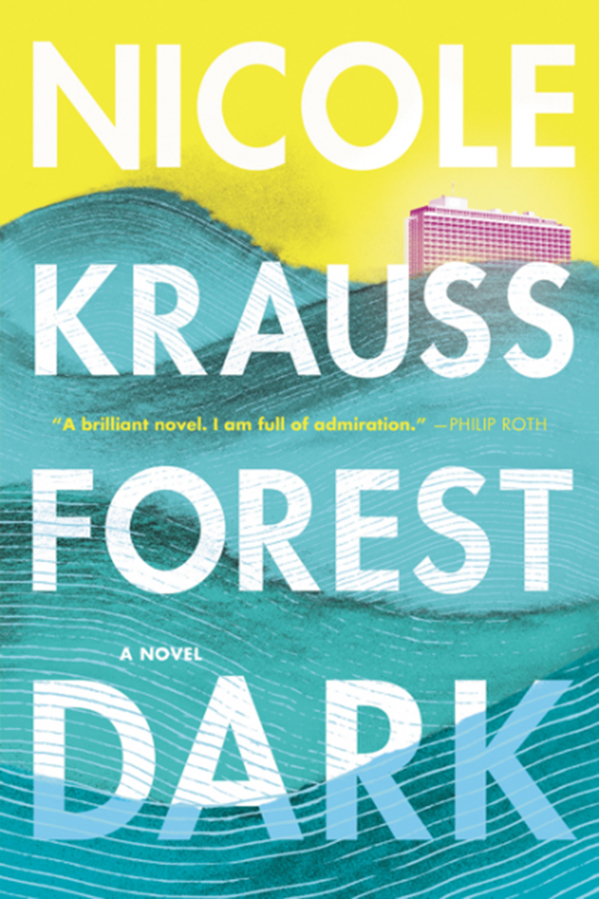Much like the female narrator who kicks things off in Nicole Krauss’ “Great House” (2010), the first-person narrator in Krauss’ long-awaited “Forest Dark” — the best new novel I’ve read this year — has writer’s block.
In “Forest Dark,” Nicole — who shares numerous biographical details with Krauss and reminds one of those narrating doubles in Philip Roth — tells us that she can’t write because “in my work and my life, I had become distrustful of all the possible shapes that I might give things.”
Nicole isn’t alone.
While she flounders in Brooklyn, where her writing has stalled and her marriage is failing, alternating chapters in “Forest Dark” feature a third-person narrative revolving around Jules Epstein, a 68-year-old New York lawyer whose story might be the one Nicole is trying to write as a means of finding herself.
Like Nicole, Jules was conceived in Tel Aviv, to parents who’d thereafter emigrated to New York. Like Nicole, Jules feels more at home in this native city, even as he joins her in recognizing that the Israel to which he returns isn’t the one where he began. Like Nicole, Jules has visions of the future. And like Nicole, he arrives in Israel on the run from the life he’s lived, in a quest that will take him into the desert and the unknown.
Jules’ arrival in Israel follows a tumultuous year in which he’s lost his parents, ended his longtime marriage, resigned from his law firm partnership and given away most of what he’s spent a lifetime collecting. Having built a “life tirelessly wrestled from nonexistence into existence,” Jules increasingly wonders what he’s missed during all that striving.
Meanwhile, Nicole is struggling with a dilemma that’s preoccupied Krauss throughout her remarkable career, as one of the bravest and most original writers of her generation: if “narrative cannot sustain formlessness any more than light can sustain darkness,” then what’s the point of writing, which necessarily lies about the chaos and death that’s integral to understanding life?
“The more I wrote,” Nicole confesses, “the more suspect the good sense and studied beauty achieved by the mechanisms of narrative seemed to me.” Nearly everything that’s mattered to her — marriage, Israel, career and love itself — gets revealed as pretty lies.
Even Nicole’s two young boys are being corrupted; some of this novel’s finest passages involve the paradise that’s lost when childhood’s chaotic, seemingly formless originality gives way to language. Nicole comes to see bedtime stories as yet another means of narrowing her boys’ vision.
But Nicole reads her boys those stories, all the same — just as Nicole (Krauss) writes this novel, searching for a “form that could contain the formless.”
She gets there by channeling Kafka — himself forever frustrated by the sense that our lives are partial and incomplete, while forever hopeful that we might someday walk through the door separating us from the eternal. While Jules seeks revelation through Jewish mysticism and legend, Nicole fantasizes a Kafka who escaped his death in Europe and made it to Palestine.



